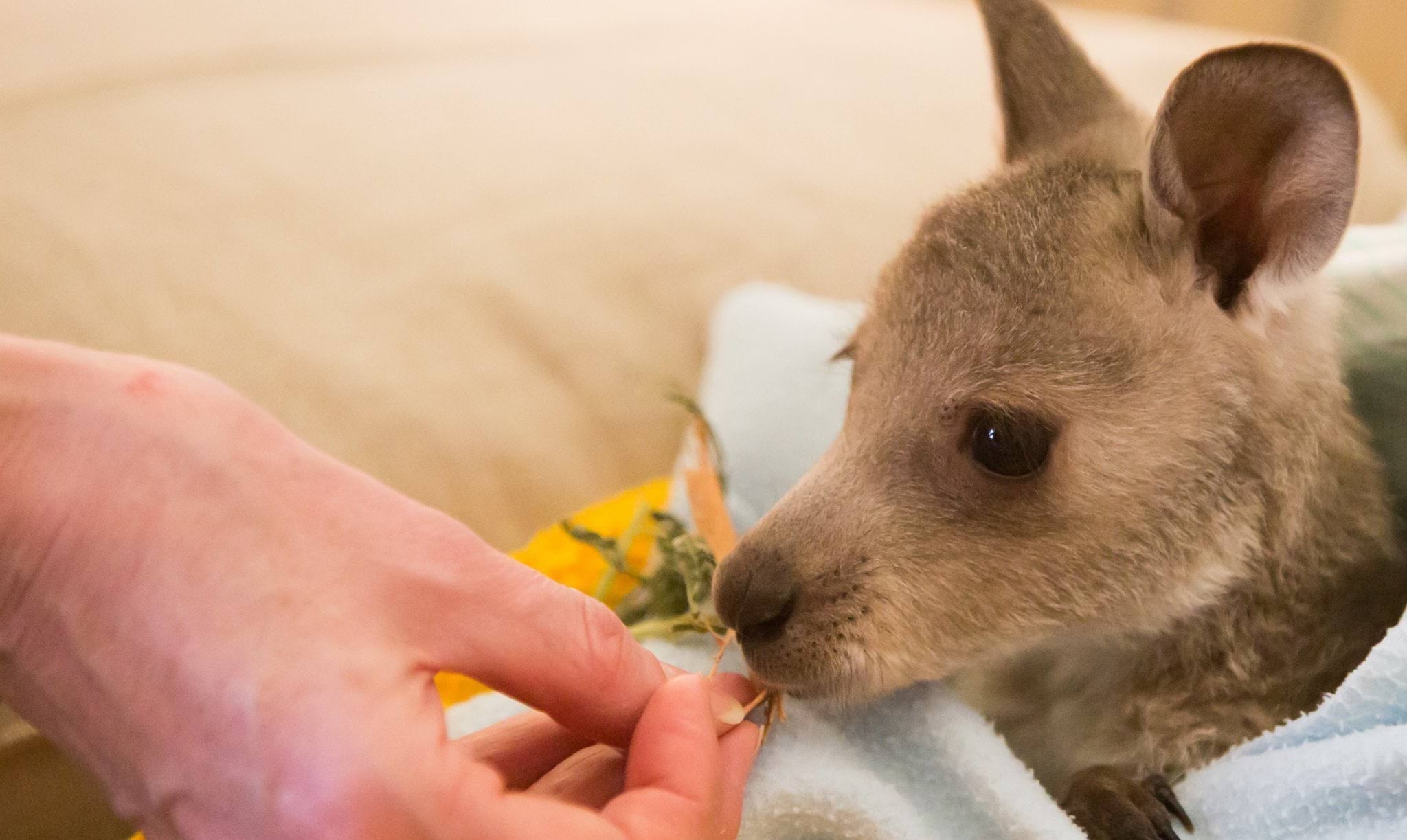- Published by:
- Department of Energy, Environment and Climate Action
- Date:
- 16 Jan 2024
Vets can lawfully treat sick, injured or abandoned wildlife. The Wildlife Regulations 2013 and Prevention of Cruelty to Animals Act 1986 provide exemptions that allow a registered veterinarian to lawfully treat sick, injured or abandoned wildlife without any further permissions.
These exemptions also apply to vet nurses and other clinic staff, provided they are operating in accordance with the instructions of a registered veterinarian.
Wildlife require expert care, treatment and rehabilitation. Any person can transport sick, injured, orphaned or abandoned wildlife to a registered veterinarian or authorised wildlife rehabilitator. However, only attempt to capture wildlife in need of care if it is safe to do so.
Further information about helping wildlife, including wildlife rehabilitators, can be found on the Sick, injured or abandoned wildlife(opens in a new window) webpage.
If you are unsure whether a person holds a current wildlife rehabilitator authorisation, call DEECA.
If you’re still unsure about veterinary care for wildlife, please reach out to us for a discussion of your individual circumstances by calling 136 186 or emailing us.
Rescue, first aid and care guidance for different species
It is important that only those appropriately experienced in the care of wildlife interact with or care for injured, sick or abandoned wildlife.
Appropriate levels of vet care for wildlife
Wildlife are highly stressed by human contact, and minimising the time spent in a clinic or other care setting is likely to improve rehabilitation success.
Euthanasia of injured wildlife
Humane and safe methods of euthanasia must be used.
The role of wildlife rehabilitators
A wildlife rehabilitator is a wildlife foster carer (person) or wildlife shelter authorised under the Wildlife Act 1975 to rehabilitate sick, injured or orphaned wildlife.
Still unsure? We're here to help
If you’re still unsure about veterinary care for wildlife, please reach out to us for a discussion of your individual circumstances.
Updated
